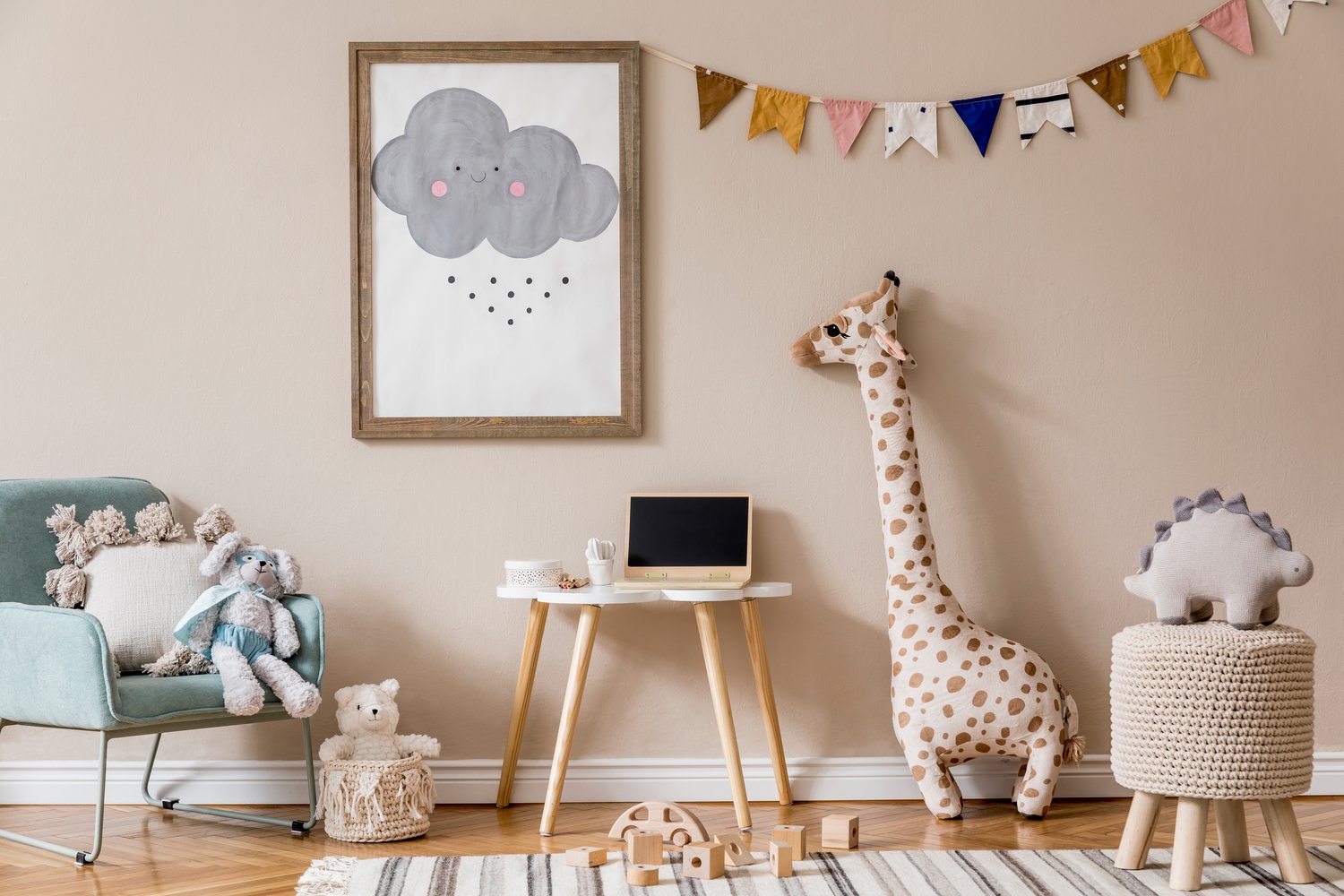In today’s competitive real estate market, the way you present your home can make all the difference between a quick sale and a property that lingers on the market for months. Home staging is the strategic art of preparing your residence to appeal to the widest range of potential buyers, highlighting its strengths while minimizing any perceived weaknesses. This article explores effective home staging tips that can dramatically improve your home’s appeal for sale, helping you sell your property faster and potentially at a higher price point. From creating inviting spaces to making smart investments in upgrades, these strategies will transform your home into a buyer’s dream.
Understanding the Psychology of Home Buyers
Before diving into specific staging techniques, it’s important to understand what drives potential buyers when they view a property. Most purchasers make decisions based on emotional responses rather than purely logical ones. They’re not just buying walls and floors—they’re buying a lifestyle and a future. Effective staging for buyers taps into this psychology by creating an environment where visitors can easily envision themselves living. When buyers walk through a well-staged home, they should feel a connection that makes them think, “I could see myself here.” This emotional bond is crucial to sell your property faster, as buyers who form attachments are more likely to make offers quickly before someone else claims their potential future home.
First Impressions Matter: Curb Appeal
The journey to improve home appeal for sale begins before a buyer even steps through your front door. Curb appeal sets the tone for the entire viewing experience. Start by ensuring your lawn is manicured, shrubs are trimmed, and any dead plants are removed. A fresh coat of paint on the front door in a welcoming color can make a striking difference. Consider adding potted plants or flowers to create warmth and vibrancy. Clean all exterior windows until they sparkle, and ensure that pathways and driveways are free from weeds and stains. Remember that many potential buyers drive by properties before scheduling viewings, so this first glimpse of your home could determine whether they even consider a closer look.
Declutter and Depersonalize
Among the most essential home staging tips is the process of decluttering and depersonalizing your space. While your collection of family photos and personal mementos might make the house feel like home to you, they can actually hinder a buyer’s ability to imagine themselves in the space. Remove personal photographs, unusual art pieces, and any items that might be polarizing. This doesn’t mean creating a sterile environment—rather, aim for a clean, neutral canvas that allows buyers to project their own lives onto the space. Store away excess furniture that makes rooms feel cramped, and pare down closets to about half-full to create the impression of ample storage space. According to staging experts at AskHomey, properties that have been professionally decluttered typically sell up to 70% faster than cluttered homes.
Strategic Furniture Arrangement
The way you arrange furniture can dramatically alter the perception of space within your home. Avoid pushing all furniture against walls—instead, create conversational groupings that suggest functionality and flow. In the living room, position seating to encourage interaction while maintaining clear pathways through the space. For bedrooms, the bed should be the focal point with accessible pathways on both sides. In dining areas, set the table with simple, elegant place settings to help buyers envision entertaining in the space. If your home has unusual spaces or awkward corners, strategic furniture placement can demonstrate purpose and utility, transforming potential negatives into unique selling points.
Lighting Sets the Mood
Proper lighting is one of the most overlooked aspects when trying to sell property faster. Dark, shadowy rooms feel smaller and less inviting, regardless of their actual size. Before showings, open all curtains and blinds to maximize natural light. Replace dim bulbs with higher wattage options, aiming for a total of 100 watts of lighting for every 50 square feet. Consider adding floor or table lamps to darker corners. Different types of lighting serve different purposes: ambient lighting provides overall illumination, task lighting highlights functional areas like kitchen counters or reading nooks, and accent lighting draws attention to architectural features or artwork. A well-lit home feels more spacious, cleaner, and more welcoming to prospective buyers.
Fresh Paint and Minor Repairs
Nothing communicates neglect faster than chipped paint, scuffed walls, or broken fixtures. These small details can raise red flags for buyers, suggesting that larger maintenance issues might be lurking beneath the surface. Investing in fresh paint—preferably in neutral, contemporary colors—is one of the most cost-effective ways to improve home appeal for sale. Address any minor repairs like leaky faucets, squeaky doors, or loose handles. Replace dated light fixtures, cabinet hardware, and switch plates for an instant modern update. These relatively inexpensive improvements can yield significant returns by helping buyers focus on your home’s positive attributes rather than its flaws.
Professional Touch: When to Call the Experts
While many home staging tips can be implemented on a DIY basis, sometimes professional assistance makes sense, especially for high-value properties or competitive markets. Professional stagers bring an objective eye and expertise in current buyer preferences. They often have access to rental furniture and accessories that can transform a space without requiring permanent purchases. If your budget doesn’t allow for full professional staging, consider a consultation where an expert can provide a prioritized list of recommendations that you can implement yourself. The investment in professional staging typically pays for itself by reducing time on market and potentially increasing the final sale price.
For more tips and to connect with reliable home service professionals, follow AskHomey on Facebook and Instagram.



